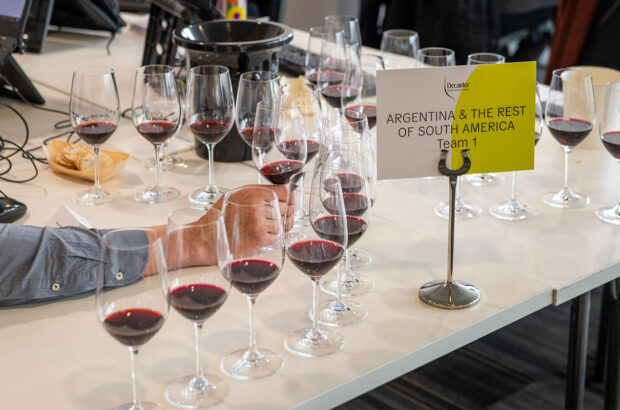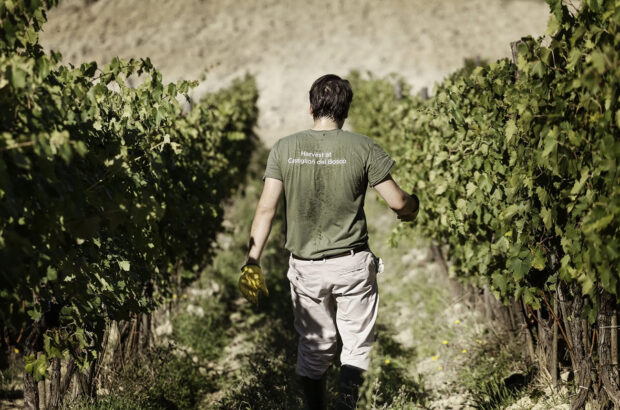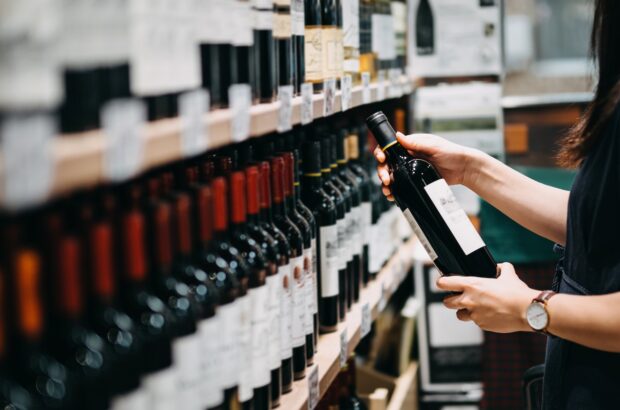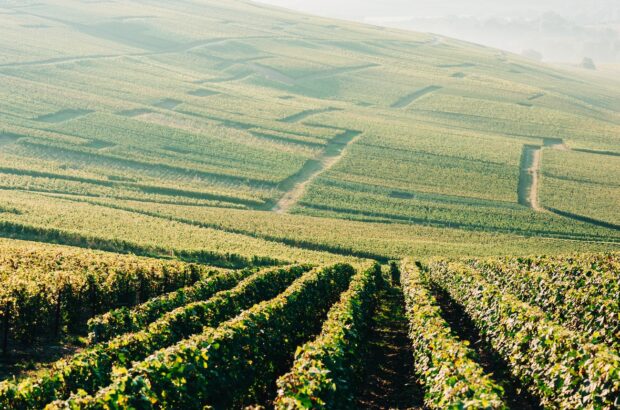Radical changes are being forced in Cognac as EC aid for distillation comes to an end in 2006.
Brussels has recently ruled to halt the annual distillation of 10% of the Charente’s production (where Cognac and other distilled wines are produced).
This is coupled with the decline in UK market share, and the fact that prices paid to producers have not altered in a decade – despite shipments of 135,000 bottles last year, the best result for the region for 14 years.
Now producers are being forced to implement radical new measures, such as concentrating on just two types of production – wine and eaux-de-vies – with growers having to decide on their products well in advance of harvest. Yields have been set accordingly, and the new system is being forcedly brought into action from next year.
These changes alter the way wine-based products have always been made in the region. Winemakers must now follow more exact guidelines, specific plots must be allocated in advance to a specific appellation whose rules must be followed.
Currently, the complicated structure of France’s third biggest wine region (after Bordeaux and the Languedoc) allows for vignobles a double fin – which means winemakers can decide what to do with the grapes after harvest, typically putting their best into Cognac, and the rest into a variety of other products, including Pineau de Charentes, vin de pays, table wines, sparkling wines, and spirits.
Up to now the excess is sent for distillation by the European Union, bringing in €15m annually, but this facility is due to end in 2006.
‘We can’t rely on money from Brussels anymore, and we must take matters into our own hands,’ Alain Philippe, director of BNIC (Bureau National Interprofessional du Cognac), told decanter.com.
‘Not everyone is happy with this,’ Philippe continued. ‘But it is the only possible solution.’
‘It’s a revolution,’ one UK importer said. ‘Cognac has always been king in the Charente – but producers must adapt to the realities of the market.’
Written by Jane Anson






